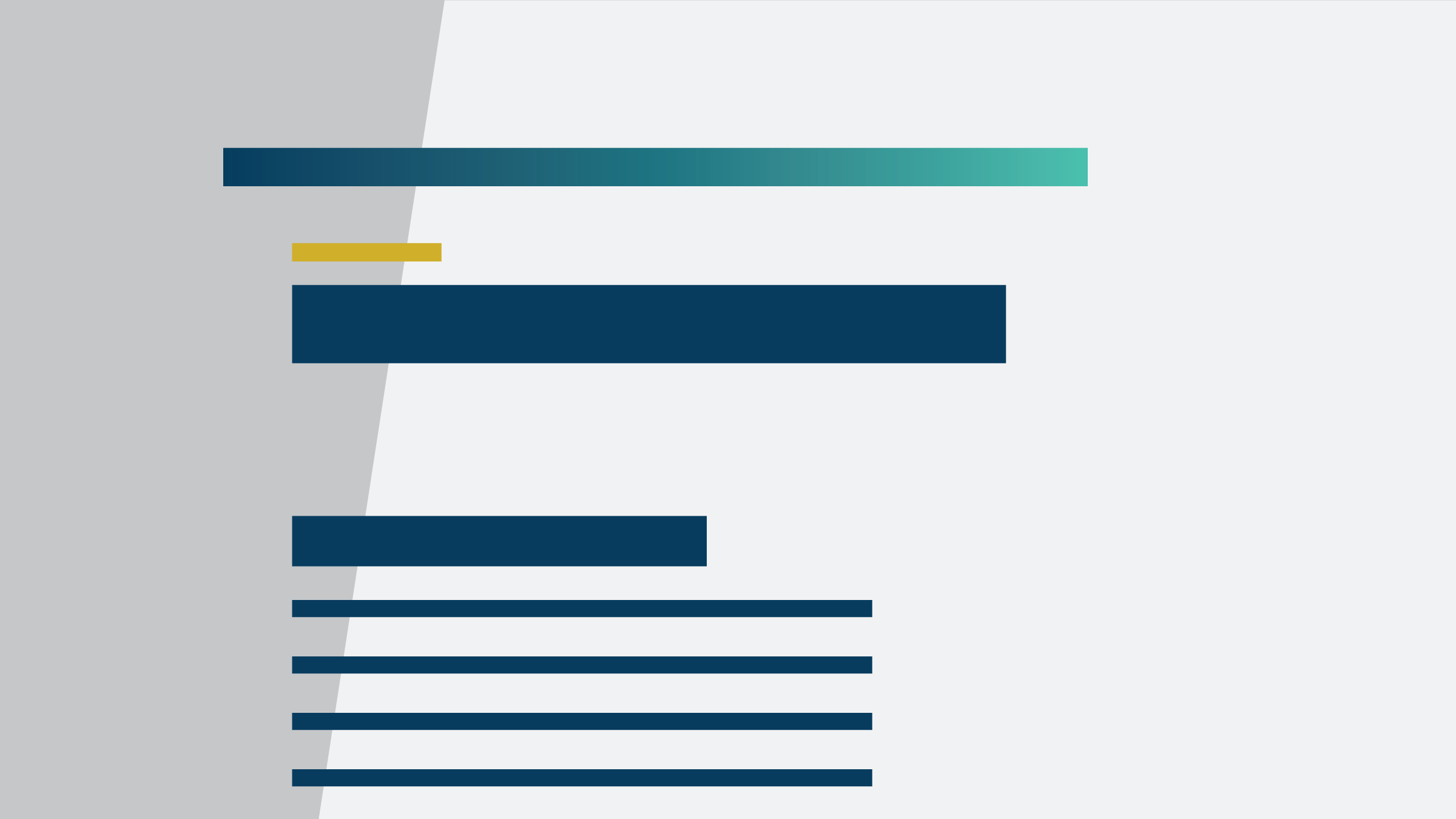Researchers at the Minneapolis Fed are embarking on a nearly decade-long project to assess the economic impact of Minneapolis’ new minimum wage law. In effect since January, the new rule outlines scheduled, incremental increases over several years, eventually raising the minimum wage for all city businesses to $15 an hour by July 2024.
The law requires large employers—those with more than 100 employees—to phase in a $15 an hour wage within five years; small employers have seven years.
Following the passage of the ordinance in June 2017, the City Council directed staff to commission an external evaluation of the impact of the wage increases. Nuria Rivera-Vandermyde, interim city coordinator and study project lead, said the study was motivated by hopes and concerns that city officials heard from community members.
“There were commonalities to some of what we heard, but there was some uniqueness brought forward by industry and job type,” Rivera-Vandermyde said. “We heard from nursing homes and daycares that had fixed reimbursement rates, from restaurants and cafes that felt they could not pass on a cost increase to their customers, and from youth coming into the workforce.”
Given the potential impact on small businesses and the local economy, city staff “recommend[ed] a multi-year impact study to ensure that our efforts did not have unintended consequences to our workers and our business communities,” explained Rivera-Vandermyde.
After issuing a request for proposals and reviewing several applications, the staff recommended contracting with the Minneapolis Fed, “based on its experience and methodology, [and] its ties and credibility within our community and the region,” said Rivera-Vandermyde. Last December, the City Council voted unanimously in favor of contracting with the Bank.
As many cities across the country consider or implement a higher minimum wage, this collaboration between the city and the Minneapolis Fed is not only timely but robust in its research approach. The Fed’s principal investigators—Loukas Karabarbounis, Jeremy Lise and Anusha Nath—responded to the city’s request for proposals with a plan to address a range of questions using rich datasets and rigorous research methods.
Relative to peer studies, “the amount of data that we will have available for this study allows us to get a much better sense of what’s really going on,” said Mark Wright, research director at the Minneapolis Fed.
Specifically, the economists will look at how the higher wage affects health care coverage and other benefits, whether some industries see a greater impact than others, and how resulting price changes affect the community at large. Data made available through a partnership with three Minnesota agencies (the Department of Employment and Economic Development, the Department of Revenue and the Department of Human Services) are central to the inquiry. To date, no other study has used administrative data on benefits such as the Supplemental Nutrition Assistance Program (SNAP) or the Minnesota Family Investment Program (MFIP) in the evaluation of minimum wage changes.
The unemployment insurance data offer another distinct angle. Minnesota is one of only four states that collect data on hours worked and wage rates, and the only state with these data on individual establishments, not just corporate entities. This fine-toothed data can reveal how workers fare not just at a firm level, but at each of the firm’s locations.
Karabarbounis, Lise and Nath have partnered with the Bank’s Opportunity and Inclusive Growth Institute, whose mission is to conduct and promote research that will increase economic opportunity. The Institute helps the Federal Reserve promote maximum employment, one of its congressional mandates.
Historically, the Fed has cited the unemployment rate and worked to keep it close to the “natural” level. But there’s more to the story, said Wright. “In order to do that, we need to understand what that rate is. That requires that we understand things that affect it.”
Minimum wage increases are controversial and there’s plenty of theorizing about how they affect the economy. Wright is hoping studies like this one will get at those effects in practice: “As we get better data, and as we’re able to analyze that data, the Fed is increasingly going to be looking at much more information than just a single number like the unemployment rate.”
As part of its contract with the city, the Minneapolis Fed will hold a conference every two years to present results to the community. Bank resources already dedicated to the Institute will support the study, which is being done at no cost to the city.
The Bank’s research team will submit annual reports to the city following each year’s wage increases. The first report, a baseline analysis of economic conditions prior to the wage increase, will be filed in July 2018. Each of the next three reports, submitted every October, will examine the prior year’s wage increases.
Wright said there will be plenty of critical eyes on this endeavor. “One of the things the Fed can do is bring a reputation for excellent research and an impartial take on things. We’re a nonpartisan organization; we’re just going to report what we find without any bias.”
Alyssa Augustine oversees social media and digital engagement, leads the Bank's content strategy, and manages media relations for President Neel Kashkari and other Bank leaders. An experienced TV journalist, Alyssa also contributes articles to the Bank's website and publications.





